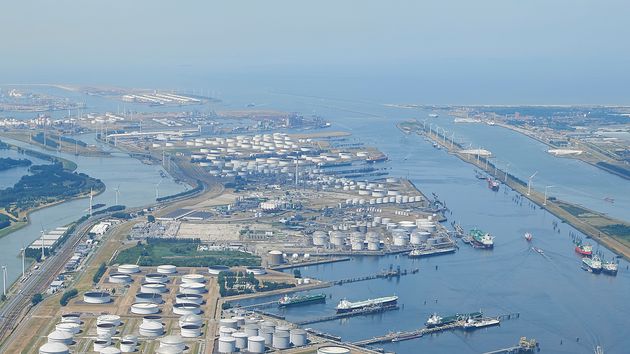TFG Marine joined with 50 other industry participants representing 2,000 vessels to appeal to the Rotterdam and the Antwerp port authorities to follow Singapore’s lead and introduce mandatory MFM delivery in their jurisdictions.
According to TFG Marine, despite the scale and the essential role the bunkering industry plays in supporting global maritime trade, “much of the industry is still steeped in old-fashioned, outmoded operational practices.”
There is a continuing lack of transparency in the way marine fuel is delivered. This has to change. It is commercially and reputationally damaging. It is holding back our industry and undermining its prospects for growth
The company added that the experience of the Maritime Port Authority of Singapore has already shown what can be achieved. In fact, in 2017 it mandated the use of mass flow meters (MFMs) for all bunker fuel deliveries within its jurisdiction.
Mandating MFM usage was transformative for Singapore. With analogue and manual processes increasingly consigned to the past, it is now viewed as the world’s most trustworthy bunker location. Singapore will continue to benefit from being a frontrunner in bunkering technology. It’s time for the rest of the world to follow suit
According to Maritec, since an alert from July 5 on Chemical Contaminants in Fuels from ARA Region (Amsterdam, Rotterdam & Antwerp), CTI-Maritec has kept a close watch on the fuel quality in the region.
More recently, several VLSFOs delivered in this region are still observed with the presence of chemical contaminants. These VLSFOs also indicated elevated potassium content and acid number.
Forensic analysis by Gas Chromatography and Mass Spectrometry techniques, specifically ASTM D7845 GC/MS and Solid Phase Extraction (SPE) GC/MS, on some of the samples revealed the presence of the following compound groups at abnormally high concentrations
- Fatty Acids and Monoglycerides (>1000ppm)
- Alkylresorcinols (>2000ppm)
- Phenolic compounds (>1000ppm)

































































